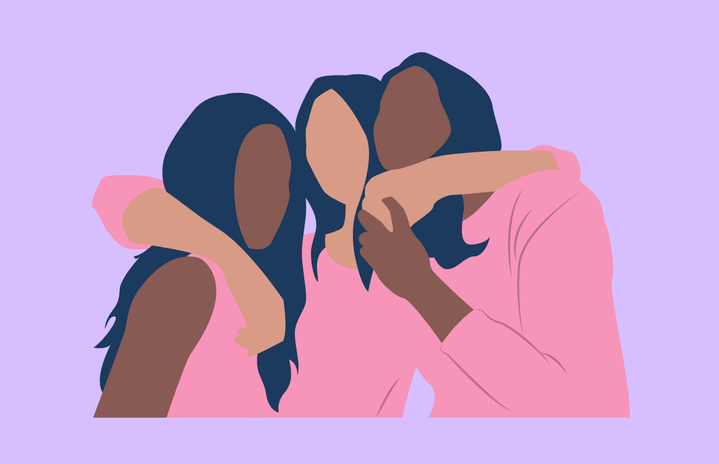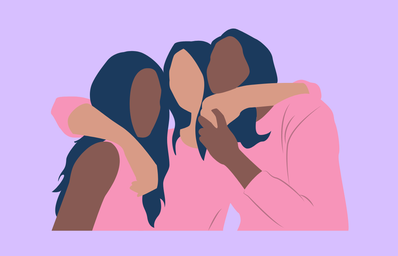Recently, I spoke to Daisy Forster about a new upcoming campaign within the University of Nottingham, focusing on Women*s health and the inequality that exists around treatment and research. You can view and follow the campaign via the Instagram @uonwomenshealth. If you want to get involved with running the campaign, there is a form in their Instagram bio where you can engage with either running the campaign, or sharing your experiences for their social media, to increase awareness!
What is the UoN Women*s Health Campaign and what are you hoping to achieve?
The Women*s Health Campaign is an official student-led SU campaign to tackle the Gender Health Gap at the University of Nottingham. We believe that it is unfair that health conditions which disproportionately affect women are underfunded in research, as well as routinely dismissed by medical professionals. On average, women are 50% LESS likely to receive painkillers after surgery – which leads to an immense 74% of female-identifying individuals stating that they have been made to feel as if they were overreacting by a medical professional.
We want to deconstruct the Gender Health Gap at the University of Nottingham and the UNHS, with services like Cripps and the QMC. We want to make sure that issues that affect women* (and those assigned female at birth) are treated seriously and given the care and attention they deserve at University Health Services. We also want to make sure that the University and SU are giving students and staff the support they need with regards to health conditions.
What will the campaign involve?
Currently, we are working on a social media awareness campaign to educate our community on the Gender Health Gap and conditions that affect women. The next stage is a survey, that will be released in early December, to help us assess the state of support at the University and UNHS and identify what needs improving and changing. The survey will also explore the health gap as an intersectional issue, and we will be able to analyse how it affects people of colour and non-cisgendered women differently. This will be shared on all of our socials, so it is accessible to everyone!
After the survey closes, we will produce a report to present to the University. Depending on the results, we may pitch a policy change at the next Union Council, if we deem it necessary. Our hope is that the campaign will culminate into a Women*s Health Conference, which will take place in May (the University’s Disability Recognition Month) and will invite speakers from across the institution to speak on their experiences and research.
What made you want to start the campaign?
As an individual, I have suffered from migraines and chronic headache for nearly ten years now. After trying pretty much every treatment – both medical and alternative – and getting pretty much nowhere, I started to get frustrated. 85% of chronic migraine sufferers are women and they are one of the worst researched conditions in proportion with the number and life impact of their patients. I’ve always been told that my migraines and headaches are hormonal, and it’s become increasingly clear to me that science just doesn’t understand the female body and the chemicals that come with it.
After having a few discussions with my housemates, several of whom also suffer with long term health conditions that primarily affect women, I decided that I had to do something about it.
How can students get involved?
Firstly, follow our Instagram page! Share and like our posts to raise awareness for the campaign. Fill in our survey, once it comes out, and send it around to fellow students and staff. We also have an open form where you can tell us about your experiences for us to share on social media, to make our content more tailored to UoN-based stories.
As a female-led society, we whole-heartedly want to engage with any campaign surrounding women*s issues – whether this is sharing awareness or trying to get more people involved – especially within the University of Nottingham.


